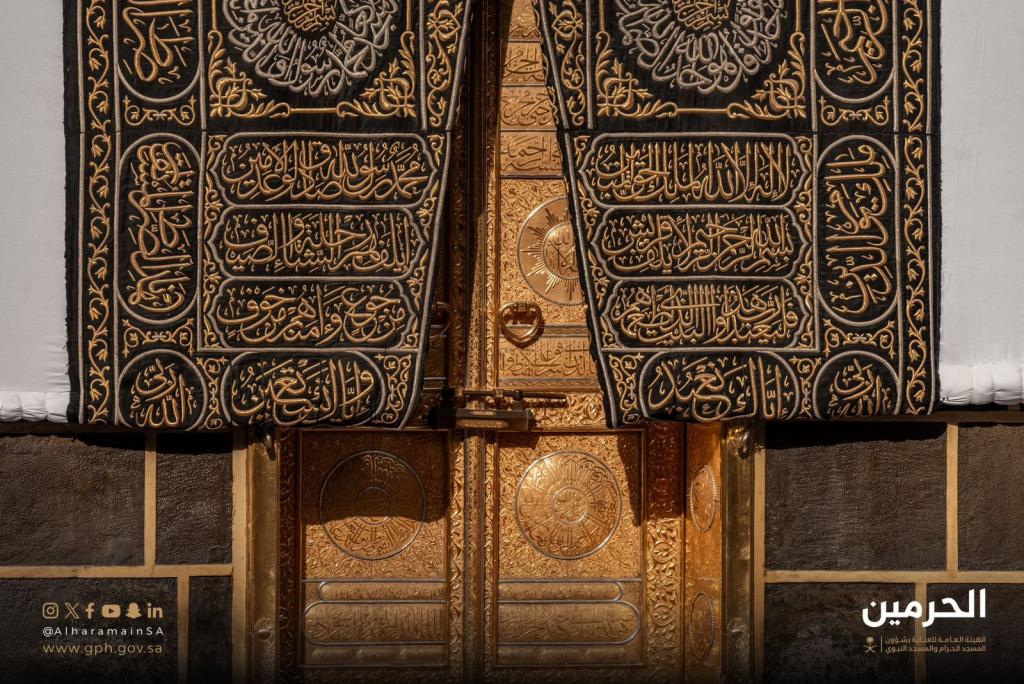The Custodiansihp of the Ka'bah

The custodianship of the Honoured K’abah is a great responsibility dedicated to serving the Sacred House, overseeing its affairs, among that is opening and closing its door to supervising its cleaning and washing on designated occasions. The custodianship is also known as Hijabah, and those who carry it out are called Sadanah or Hujabah, as they are responsible for guarding the K’abah from public access.
The History of Custodianship
The custodianship began with the construction of the K’abah by Prophet Ibrahim and his son Ismail, (may Allah’s salam be upon them). It was entrusted to Ismail, who settled near the Sacred House of Allah and dedicated himself to its service.
The Transfer of Custodianship Throughout History
The custodianship remained with Ismail’s descendants for a long period. It was later taken over by the Jurhum tribe, followed by the Khuza’h tribe, until it was reclaimed by ‘Qusai ibn Kilab, the fourth great-grandfather of Prophet Muhammad (may Allah’s salah and salam be upon him)
After Qusai, the custodianship was entrusted to his eldest son, Abd al-Dar. The descendants of Abd al-Dar (may Allah be pleased with him), from the lineage of Qusai, continued to hold the custodianship throughout both the pre-Islamic era and the Islamic period.
During the time of Prophet Muhammad (may Allah's salah and salam be upon him), the custodianship was held by 'Uthman bin Talhah from the Banu 'Abd ud-Dar clan. After Uthman’s passing without heirs, the custodianship was transferred to his cousin, Shaybah ibn 'Uthman, and it has remained in his lineage to this day.
The Custodianship in Islam
When the Prophet (may Allah's salah and salam be upon him) conquered Makkah, he took the key to the K’abah from Uthman bin Talha and entered the K’abah, purifying it from idols. Afterward, he returned the key to Uthman bin Talha, saying: “Take it, O Banu Abu Talha (i.e., the custodianship), as an everlasting and hereditary duty; no one shall take it from you except an oppressor."
With this statement, the Prophet (may Allah's salah and salam be upon him) affirmed that the custodianship would remain within his lineage.
The Custodianship Today
At present, the eldest custodian holds the key to the K’abah and oversees the ceremonies of its opening and interior washing. The K’abah is washed twice a year in the presence of the custodians, the ruler, princes, and Honoured guests. The chief custodian notifies the other custodians of the scheduled opening, ensuring their participation in this sacred duty.